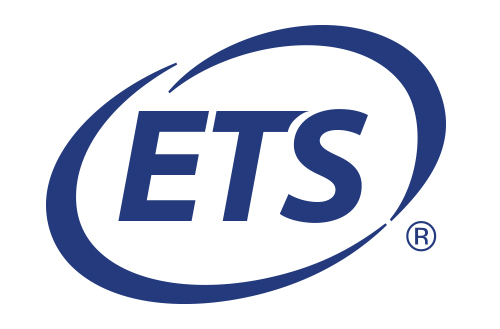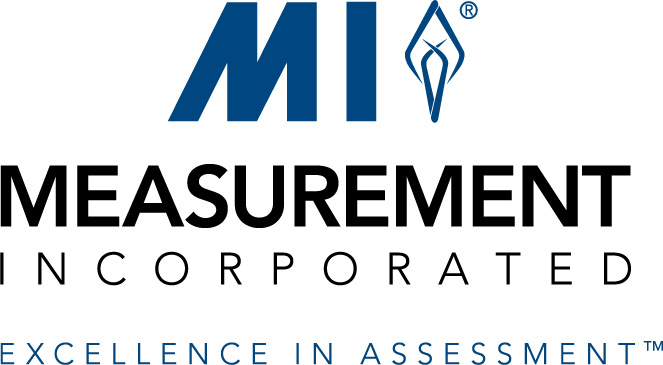ITEMS Portal
ACCESS IS FREE!
Quickly create a new user account for the Elevate learning management system (this website) to access any modules.
You do NOT have to be an NCME member to do this!
Other Modeling Frameworks
All-access Pass
This provides immediate access to ALL print and digital modules in the portal by "registering" you for each and displaying all modules as a single collection as part of this pass.
All-access Pass (PRINT ONLY)
This provides access to a ZIP folder with all 45 previously published print modules.
Digital Module 02: Scale Reliability in Structural Equation Modeling
In this digital ITEMS module, Dr. Greg Hancock and Dr. Ji An provide an overview of scale reliability from the perspective of structural equation modeling (SEM) and address some of the limitations of Cronbach’s α.
Keywords: congeneric, Cronbach’s alpha, reliability, scale reliability, SEM, structural equation modeling, McDonald’s omega, model fit, parallel, tau-equivalent
Digital Module 16: Longitudinal Data Analysis
In this digital ITEMS module, Dr. Jeffrey Harring and Ms. Tessa Johnson introduce the linear mixed effects (LME) model as a flexible general framework for simultaneously modeling continuous repeated measures data with a scientifically-defensible function that adequately summarizes both individual change as well as the average response.
Keywords: fixed effect, linear mixed effects models, longitudinal data analysis, multilevel models, population-average, random effect, regression, subject-specific, trajectory
Digital Module 17: Data Visualizations
In this digital module, Nikole Gregg and Dr. Brian Leventhal discuss strategies to ensure data visualizations achieve graphical excellence. The instructors review key literature, discuss strategies for enhancing graphical presentation, and provide an introduction to the Graph Template Language (GTL) in SAS to illustrate how elementary components can be used to make efficient, effective and accurate graphics for a variety of audiences.
Key words: data visualization, graphical excellence, graphical template language, SAS
Digital Module 18: Automated Scoring
In this digital ITEMS module, Dr. Sue Lottridge, Amy Burkhardt, and Dr. Michelle Boyer provide an overview of automated scoring. They discuss automated scoring from a number of perspectives and provide two data examples, one focused on training and evaluating an automated scoring engine and one focused on the impact of rater error on predicted scores.
Key words: automated scoring, hand-scoring, machine learning, natural language processes, constructed response items
Digital Module 27: Hierarchical Rater Models
In this digital ITEMS module, Dr. Jodi M. Casabianca provides a primer on the hierarchical rater model (HRM) and the recent expansions to the model for analyzing raters and ratings of constructed responses.
Keywords: hierarchical rater model, item response theory, longitudinal models, rater effects, multidimensional models, signal detection models
Digital Module 28: Unusual Things that Usually Occur in a Credentialing Testing Program
In this digital ITEMS module, Drs. Richard Feinberg, Carol Morrison, and Mark R. Raymond discuss an overview of how credentialing testing programs operate and special considerations that need to be made when unusual things occur.
Keywords: Credential/Licensure Testing, Assessment Design, Assessment Challenges, Threats to Score Validity, Operational Psychometrics
Module 14: Generalizability Theory
In this print module, Dr. Robert L. Brennan introduces the framework and the procedures of generalizability theory using a hypothetical scenario involving writing proficiency.
Keywords: analysis of variance, ANOVA, classical test theory, CTT, generalizability theory, g-theory, measurement procedure
Module 26: Structural Equation Modeling
In this print module, Dr. Pui-Wa Lei and Dr. Qiong Wu focus on foundational issues around structural equation modeling (SEM) and illustrate key ideas with examples.
Keywords: estimation, factor, latent variable, measurement model, path model, structural equation modeling, SEM
| Access Date | Quiz Result | Score | Actions |
|---|

















